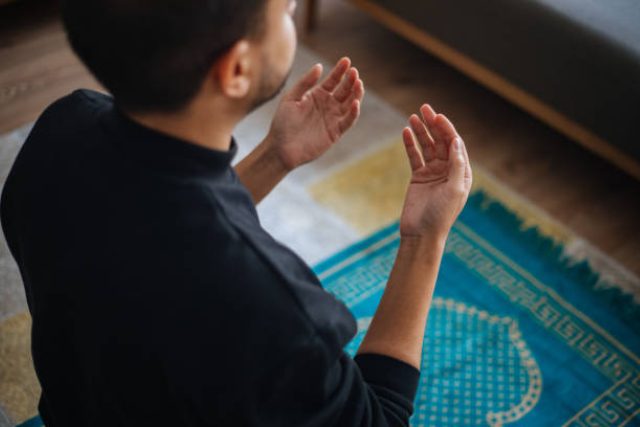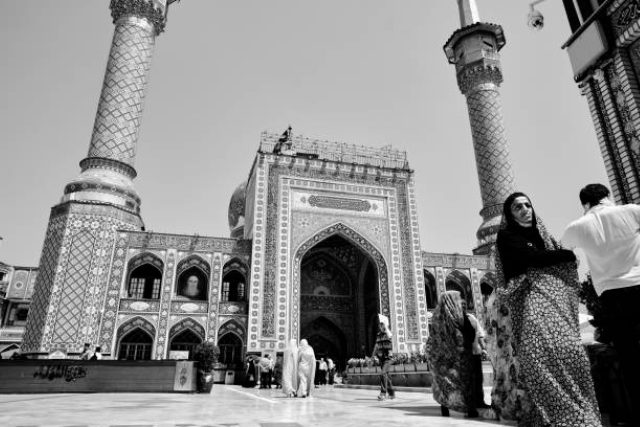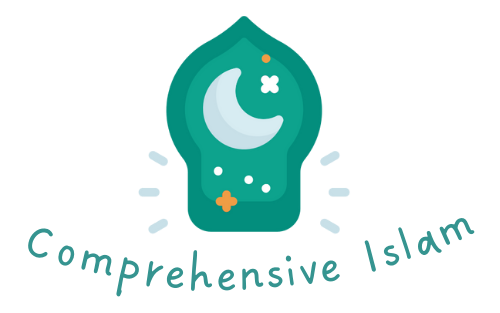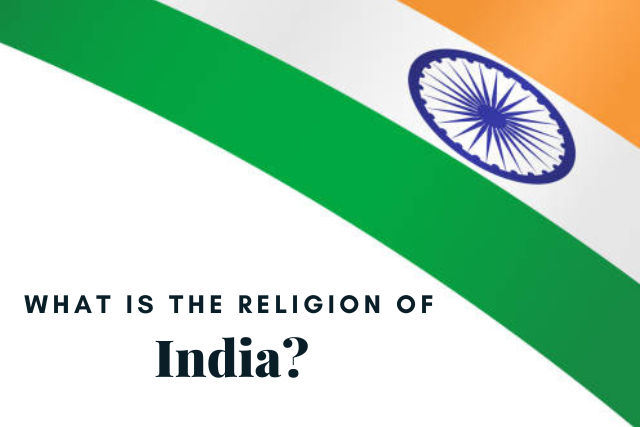What is the Religion of Turkey?

Turkey is often seen as a “Muslim country,” but there’s more to the story. The religious picture in Turkey is like a rich tapestry, woven with threads of history and diversity.
Join me on a journey through mosques and churches, exploring the intriguing complexities of faith in this fascinating land where East meets West. So, what is the religion of Turkey? Let’s unravel the layers and discover the unique blend that makes Turkey’s religious landscape so captivating.
What is the Religion of Turkey?

Turkey is a country where most people are Muslim, but it also follows a secular approach. The government doesn’t have official numbers on people’s religions. Still, when you’re born, your ID card automatically says you’re Muslim unless your parents register you as part of a different religion.
The recorded data shows that about 99.8% of Turks say they’re Muslim. But this might not show the true number of people who don’t follow any religion or follow a different one.
According to the Turkish Constitution, Sunni Islam (the main branch of Islam), Christianity (some Catholic and Orthodox groups), and Judaism are officially recognized. However, other forms of Islam and some Christian groups are not acknowledged.
People from minority religions usually have the freedom to practice their beliefs, but they might face social challenges. For example, telling others about a minority religion might not be accepted socially.
Also, if someone switches from being a Muslim to following another religion, their friends, or family might stop talking to them, depending on the social environment.
In schools across Turkey, students might learn a bit about different religions, but the main focus is on teaching the beliefs and practices of Sunni Hanafi Islam.
Islam in Turkey

Turkey has a long Islamic history. In the time of the Ottoman Empire, it was a Sunni Islamic State, leaving a lasting impact. The country has beautiful Islamic buildings and monuments, reflecting its history.
While not everyone follows strict religious practices, there is a strong sense of devotion in Turkish society. People often say “Maşallah” in conversations and hear the call to prayer five times daily.
These traditions show the lasting influence of Islam in Turkish culture. Around 80% of Muslims in Turkey follow the Sunni branch, mostly the Hanafi school. About 20% follow various forms of Shi’a Islam, mainly the Alevi faith.
Secularism and Politics in Turkey

Turkey keeps religion separate from politics, a practice rooted in history. Mustafa Kemal Atatürk, the leader in the 1920s, made Islam not the official religion and restricted religious symbols publicly.
Atatürk believed that intertwining politics with religion would harm democracy and modernization, drawing inspiration from the French idea of keeping religion distinct from government.
Atatürk took charge of formal Islamic institutions and reduced their influence in politics, leading to strong opposition against ‘Islamic fundamentalism.’
The prevailing belief became ‘Islam is a religion, not a way of life,’ and there were restrictions on expressing religion in certain public places. For instance, women wearing the traditional Islamic headscarf (hijab) couldn’t participate in Turkey’s public institutions until 2013.
Recently, debates have arisen about limiting public religious practices in Turkey. Traditional secular values face challenges as the country has been under the governance of a party with strong ties to political Islam for almost twenty years.
The government, led by Recep Tayyip Erdoğan, advocates for a more conservative religious morality through various policies.
Changes in the education system now mandate religious instruction, and alterations in the administration of schools and universities aim to reduce the secular nature of education.
Restrictions on alcohol sales and advertising are in place, and there is increased encouragement for modest clothing, such as wearing headscarves.
This has resulted in a divide between supporters of a secular state and more conservative Muslims. Critics argue that public institutions in Turkey, once secular, are now leaning towards Islamists.
Sufism in Turkey

Turkey boasts a large Sufi community. Sufism, a type of Islamic mysticism focusing on personal reflection and closeness to God, is not a separate branch of Islam but a form of worship within Islam. In Turkey, various groups follow Sufi traditions.
Sufism emphasizes the direct connection with God through worship and rituals like chanting. The Sufi Dervishes of the Mevlevi Order, a renowned Turkish group, practice an active meditation involving spinning in circles during worship ceremonies. This has gained global fame, attracting people to witness the spinning Sufis.
Sufism in Alevis

The Alevis constitute the largest religious minority in Turkey. Although technically part of the Shi’a denomination, their interpretation of Islam differs from Shi’a communities in other countries.
Alevis have distinct religious practices compared to the majority of Sunni Muslims in Turkey. For example, they don’t observe fasting during Ramadan, but do so during the Ten Days of Muharram. Their methods of praying also differ.
Alevis value mutual assistance without necessarily engaging in formal donations, and gather in special places called ‘cemevis’ for worship instead of going to mosques.
The Alevi population in Turkey can be categorized into four language-based groups: Azerbaijani Turkish-speakers, Arabic-speakers, Turkish-speakers, and Kurdish-speakers.
Each of these groups has its own religious and cultural identity within the Alevi faith, with Turkish and Kurdish speakers constituting the largest segments.
Why is Turkey Different From other Muslim Countries?

Turkey is different from many other Muslim countries. But don’t forget, Turkey and the Muslim world are diverse. Here are some things that make Turkey unique:
1. Secularism
Turkey is neutral about religion. The government doesn’t favor any religion. People can believe and worship freely. Unlike some Muslim countries, religion doesn’t have official power in Turkey’s government.
2. Historical Legacy
Turkey has a long history, with empires like the Ottomans and Byzantine Romans. This history mixes Islamic influences with ancient Greek, Roman, and Turkish traditions. This mix shapes Turkey’s culture and society.
3. Diversity within Islam
Islam is the main religion in Turkey, mostly Sunni. But there’s diversity, including the Alevi community with its unique beliefs. This diversity adds complexity to Turkey’s religious landscape.
4. Interfaith Dialogue
Turkey’s neutral stance allows different religions to coexist. Mosques, churches, and synagogues stand together. Holidays from different faiths are celebrated nationally. This tolerance sets Turkey apart from places with more religious tensions.
5. Evolving Social Dynamics
Turkey is always changing. Topics like religious education, the role of faith, and minority rights are always discussed. These discussions shape Turkey’s religious landscape.
6. Individual Nuances
Remember, not all Turks are the same. Just like in any country, individual beliefs vary. People’s experiences, family traditions, and regional influences shape their beliefs and practices.
FAQs About What is the Religion of Turkey
What are the top 3 religions in Turkey?
Top 3 religions includes Islam (predominantly Sunni), Christianity (including Greek Orthodox and Armenian Apostolic), Alevism (a unique Islamic branch).
Is turkey a Muslim country or a Christian country?
Islam is the dominant religion in Turkey, but the constitution guarantees freedom of religion for all faiths.
What is the religion of Turkey president?
Recep Tayyip Erdoğan is Muslim, of the Sunni branch.
What is the main religion of Turkey and Syria?
Both have Muslim majorities, Turkey predominantly Sunni while Syria is more diverse with Sunni, Shia, and Alawi communities.
What is the religion of the Kurds in turkey?
Primarily Sunni Muslim, with some Shia and Alevi communities.
What is the religion of Istanbul turkey?
Religion of Kurds in Turkey: Primarily Sunni Muslim, with some Shia and Alevi communities.
What is the main religion in Turkey today?
Main religion in Turkey today: Islam, practiced by around 99% of the population, but with internal diversity and a secular state ensuring religious freedom.
Does Turkey allow freedom of religion?
The nation’s constitution designates it as a secular state, safeguarding the rights of conscience, religious belief, conviction, expression, and worship. Furthermore, the constitution explicitly forbids discrimination on religious grounds, affirming the principle of religious freedom within the country.
Summing Up
Turkey’s religious story is quite interesting. While around 99% of the people identify as Muslim, it’s not that simple. The history of Turkey is like a mixtape, blending Islamic roots with ancient influences. Secularism, like a rulebook, lets everyone follow their own faith, whether it’s Sufi chants or church bells ringing.
So, if you’re wondering, “what is the religion of Turkey?” it’s not just one thing. It’s more like a beautiful mix of different tunes – mosques and synagogues side by side, and people celebrating their unique beliefs. In Turkey, faith has many voices, making the whole place vibrant and always changing.






